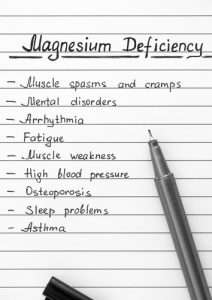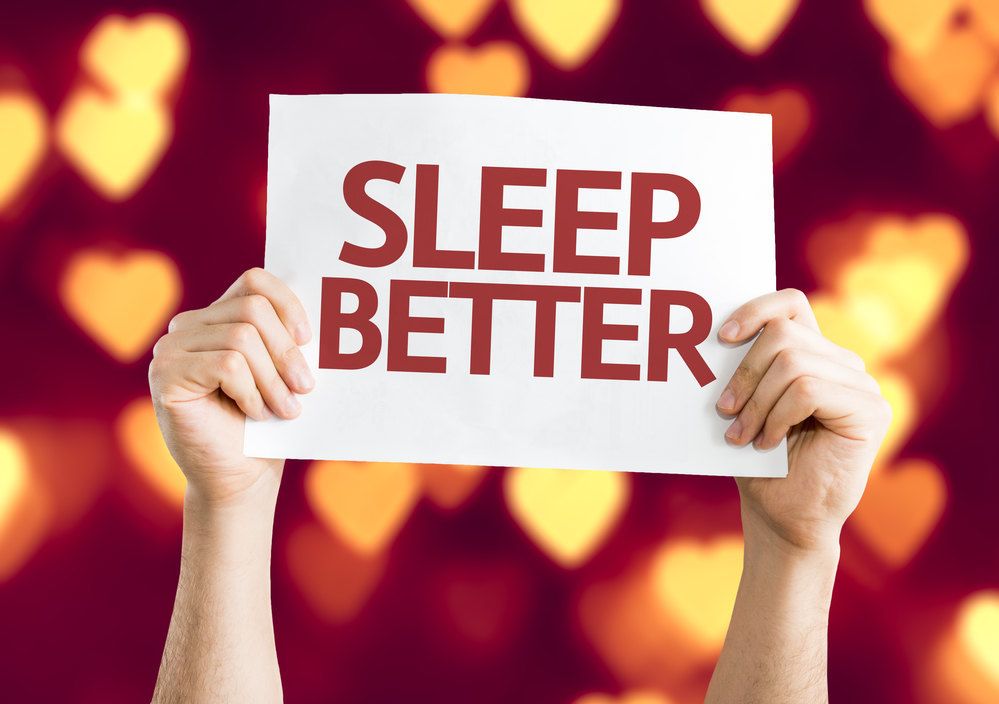In Case You Missed It…
The NYTimes, in January, 2018, reported that “Americans are finally getting more sleep — about 18 minutes more per weeknight compared with 2003”. They continued to say “the researchers say it’s a positive sign”. Do you feel like you’re getting more sleep or better sleep? I bet most people would say no to that question…
The University of Pennsylvania’s study results may come as a surprise because so many of us still have trouble getting to sleep and staying asleep. That makes it difficult to be more creative and more productive. Why is that? Is it age related, diet related, time related, or what? Actually it seems to be related to any and all of those things.
Your Brain At Work
I’m sure though that everyone would agree that when we’re tired (and grouchy) our brain doesn’t work as quickly or as well as it does when we’ve gotten a good night’s sleep. While we sleep our brain is organizing (the scientific term is “consolidating”) and practicing what we learned during the day. If we don’t get enough sleep we can’t store and recall the details or focus on new information as well.
During deep stage sleep your body is also:
- Lowering your blood pressure, allowing your heart and blood vessels time to rest
- Lowering your blood sugar levels which helps protect you from type 2 diabetes
- Killing harmful bacteria and viruses
- Reducing inflammation, specifically C-Reactive Protein
With so many good things going on it’s no wonder sleep experts are constantly telling us that we need to improve our sleep habits and increase the amount of time we sleep each day.
How can we do that? Here are 5 easy things you can do to help you sleep better and longer…

#1 – Exercise
A 2010 study of middle-aged and older adults found that aerobic exercise “resulted in the most dramatic improvement in patients’ reported quality of sleep, including sleep duration, compared to any other non-pharmacological intervention.”
But most people don’t do it.It’s the easiest thing to do just go outside 4 or more times per week and walk for 20 minutes.
What’s your excuse??
#2 – Avoid Caffeine Late in the Afternoon or Evening
Lower the amount of caffeine you are consuming during the day if you’re having trouble getting to sleep – that includes coffee, tea, chocolate, etc.
Cut out the caffeine any later than mid-afternoon, or maybe even lunch if you are very sensitive to it. Switch to decaf versions but don’t forget that even those may just have a lower level of caffeine rather than zero.
#3 – Melatonin
Melatonin is a hormone that plays a role in regulating your body’s biological rhythms including your sleep cycles. In plain talk, Melatonin lets your body know when you should go to sleep and when you should wake up. That’s why you start yawning and getting tired later in your day and evening.
You can get melatonin from food like tart cherries, oats, walnuts, and bananas, or from supplements, try either or both to see how it works for you because everyone reacts differently.

#4 – Magnesium
Magnesium has been shown to help with better and deeper sleep because of its calming effect. The daily recommended value is 420 mg. As with the Melatonin, you can get additional magnesium from food and/or supplements – I do both.
Foods to look out for are greens (e.g. spinach, kale, swiss chard), almonds, seeds (e.g. pumpkin, hemp, flax), beans (e.g. lima, kidney, lentils, black-eyed peas), rice/quinoa, dark chocolate (yeah!), tuna, bananas, and avocados.
If you decide to take supplements start with a half or full serving (look on the label – full is usually 400 mg) depending on how much Magnesium you may be getting from food sources. Also be careful not to take too much oxide or citrate because they can give you the runs if you take too much.
#5 – Keep Your Bedroom Cool
The best temperature for sleep is between 60 and 75 degrees. Personally I like it on the lower side of that range but everyone’s body is different. You need to find the temperature that works best for you – i.e. what temperature you sleep best, longest, and easiest at, and wake up most refreshed.
Your bed, sheets, and blankets can also play a part in how warm or cool you are at night – I’ll have another blog post devoted to the room/space where you sleep.
Where to start…
Any or all of the 5 easy items above can help you to sleep better and longer. I would suggest that you start adding one at a time to your routine and evaluate that one before you add another.
If it makes you feel good; then try the next one and sleep even better. If it doesn’t help then stop doing it and move on to the next to see if that one will help you more.
Check out my podcast and 2 more blog posts I’ve written all about improving your sleep. And be sure to leave me a comment below about which item(s) worked best for you…
Go to the RESOURCES page for some of my recommendations for Magnesium, Melatonin, and other products mentioned above to help you sleep.
*Please be advised that some of the links above on this page are affiliate links, which means that if you choose to make a purchase, I will earn a commission. This commission comes at no additional cost to you.
